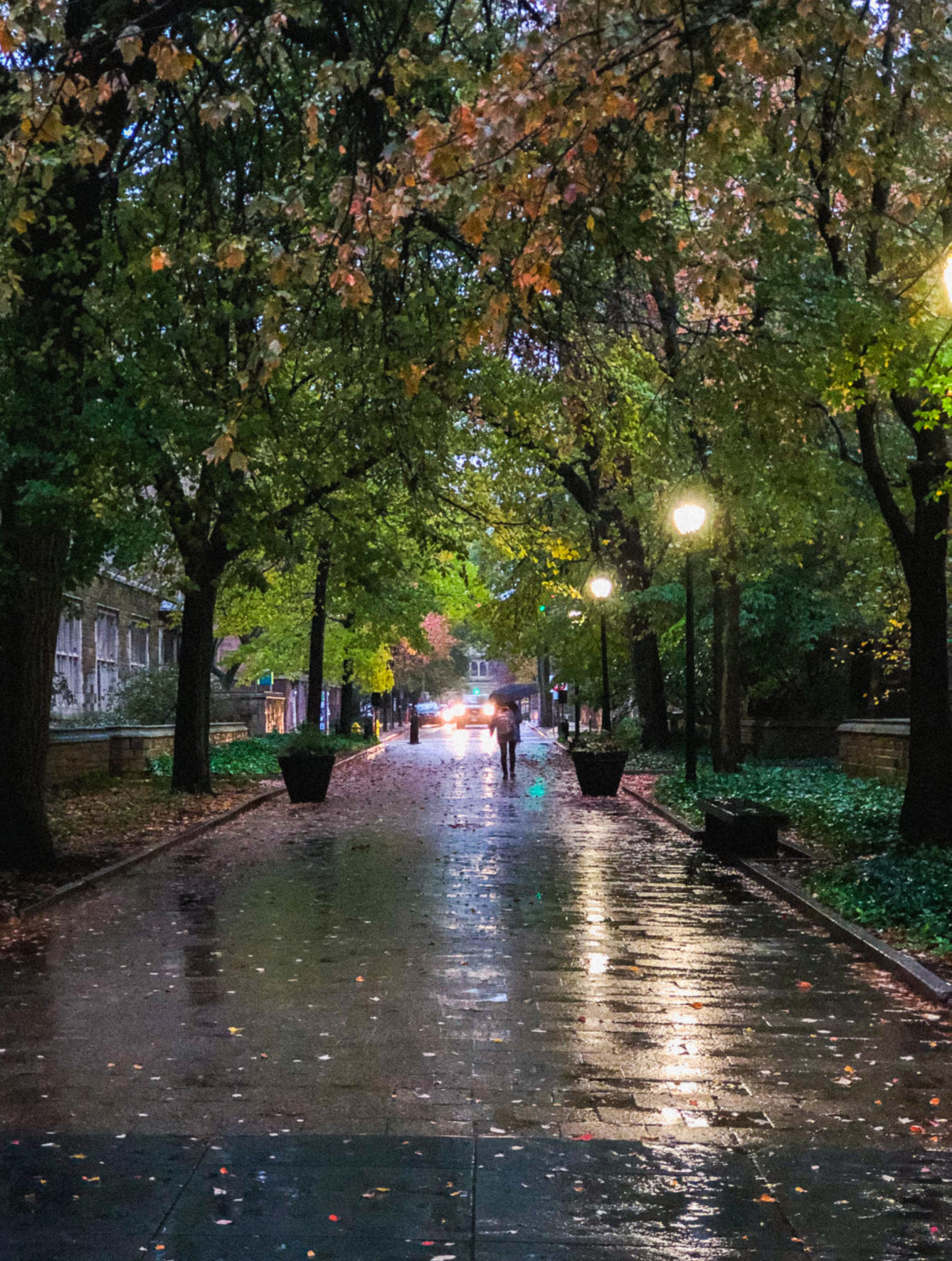University plans for return to in-person classes and full residential experience, requires universal vaccinations

Jessie Cheung
University President Peter Salovey and University Provost Scott Strobel are “cautiously optimistic” that fall term will closely resemble the pre-pandemic Yale experience — with in-person instruction and a full residential program — on the condition that all students, faculty and staff are vaccinated.
In a March email to the Yale community, Salovey and Strobel wrote that all students will be invited to return to campus, classes will primarily be taught in person, staff members can return to on-campus work and dining halls and performance venues will reopen to the community. To facilitate this return to normalcy, the University will require that all students be vaccinated against COVID-19. In a subsequent email in May, Salovey and Strobel announced that all faculty members and staff must be vaccinated by August 1.
“Thank you for your resilience and commitment to our shared communities,” Salovey and Strobel wrote in the March email. “We are excited to consider all that we have learned over the past twelve months and plan a safe and fulfilling new academic year.”
In April, Salovey and Strobel announced that the University would mandate vaccinations for all students who return to campus come fall. In doing so, Yale joins other universities including Duke, Brown and Wesleyan, which will also be requiring their students to be fully vaccinated against COVID-19 for the fall term.
Certain exemptions to the mandate will be made on religious or medical grounds. Students who cannot access a vaccine in their home country or state can come to campus before the fall term begins to receive their vaccines and build up immunity before participating in in-person instruction.
In the fall term, nearly all courses are planned to be taught in person, although some larger lectures may be held remotely. These plans come as the CDC is gradually relaxing regulations on mask-wearing and social distancing. In May, it was announced that fully vaccinated individuals no longer need to wear a mask or practice social distancing in any setting.
In Salovey and Strobel’s March statement, they said that they expect to reopen Yale’s facilities — including spaces for art, athletics and recreation — with “enhanced safety measures” in place. These may include masking, social distancing and capacity limits, said Richard Martinello, medical director for infection prevention at Yale New Haven Hospital.
Certain measures may stay in place even after the pandemic ends, according to Salovey. In a prior interview with the News, he said that Yale might keep up some of the new ways food is prepared in the dining hall, how buildings are cleaned and for what hours they are kept open. Additionally, he thinks there will be more telemedicine appointments at Yale Health, Yale Mental Health and Counseling and beyond.
This return to regular activities is predicated on the assumption that students and faculty are fully vaccinated.
Albert Ko, epidemiology department chair at the Yale School of Public Health and a member of the Yale Public Health Committee, said he thinks it makes sense to require vaccinations for students, as they are in a “high-risk situation in a congregate, residential dorm.” Additionally, vaccinations are the best tool for students to have the full university experience, Ko said.
In May, the Ivy League announced plans to return to regular athletic competition in the fall. According to a statement from the Ivy League Council of Presidents, they are “optimistic that our campuses will be back to something close to normal by this fall” with in-person learning and students enrolled in residence, enabling regular competition to resume.
The University has had 522 cases of COVID-19 since Jan. 1 according to the coronavirus dashboard.
Philip Mousavizadeh | philip.mousavizadeh@yale.edu







